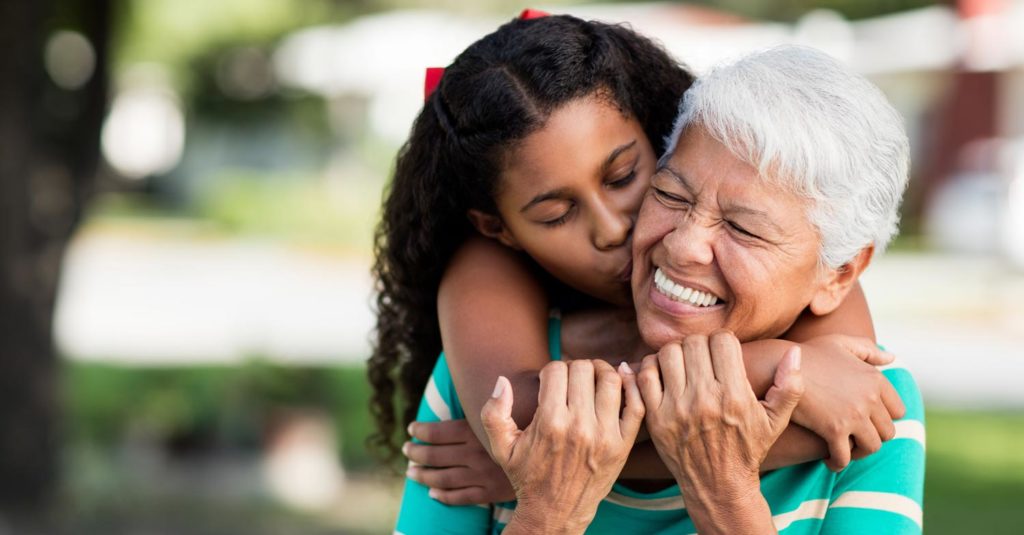Deprivation of Liberty
If you have an elderly relative who is prone to wandering, you may not think twice about locking the door for their own safekeeping. However, this can have serious implications and may be a deprivation of that person’s liberty. People can only be lawfully deprived of their liberty when it is done in accordance with the law and within a limited set of exceptions. This article focuses on the Deprivation of Liberty of those lacking capacity to consent to their own care and treatment.
What is a Deprivation of Liberty?
A Deprivation of Liberty occurs if:
- a person is under continuous supervision and control and is not free to leave; and
- that person lacks the capacity to consent to these arrangements.
Continuous supervision and control do not mean that someone is watched and controlled 24 hours a day but for significant periods of the day. Simply because someone has not wanted to or is physically unable to leave, does not mean they are free to. The better question is how would you react if that person tried to leave; would they be stopped?
Examples could include:
- using locks/keypads to stop a person going in or out of an area; or
- items, such as bedrails, to stop them from moving about.
Ideally, you should make sure that the care a person receives involves as little restriction as possible. However, sometimes it will be necessary to take away some of a person’s freedom, to provide them with the care or protection they need. The Mental Capacity Act acknowledges, that sometimes it is in someone’s best interest to be deprived of their liberty. In such circumstances, any Deprivation of Liberty must be authorised.
Authorising a Deprivation of Liberty
If someone is being deprived of their liberty, the first step is to identify whether there are less restrictive care arrangements that could be put in place, which would not amount to a deprivation. If this is not possible, then the next step is to check whether the person has the mental capacity to consent to the deprivation.
It is important to remember that mental capacity is time and decisions specific and capacity should always be presumed until proved otherwise.
If the person is in a hospital or a care home, then the procedure for authorising a deprivation of liberty is called the Deprivation of Liberty Safeguard regime or DoLS. These safeguards require the hospital or care home to apply to the supervisory body (usually the Local Authority) for authorisation.
If the person is in their own home or a private residence, then the deprivation can only be authorised by the Court of Protection. It is the responsibility of the Local Authority to apply to the Court of Protection for the Order authorising the Deprivation of Liberty. The Local Authority can only do this if they are aware of the situation. If you think you might be depriving someone of their liberty, you should consider contacting your Local Authority Adult Safeguarding team.
Changes to Deprivation of Liberty rules
DoLS and Deprivation of Liberty Court Orders are due to be replaced by a new scheme called the Liberty Protection Safeguards or LPS. The idea for LPS is a process similar to the current DoLS process, that will apply regardless of where the person lives (care home, own home, ect). The government are currently working on the LPS code of practice and are yet to announce when it will come into force. This will have been delayed due to COVID-19.
Tags: Deprivation of Liberty, DoLS, Francesca Tubb, Liberty Court Order, Lifetime Planning, LPS, Mental Capacity
How can we help?
If you have an enquiry or you would like to find out more about our services, why not contact us?

